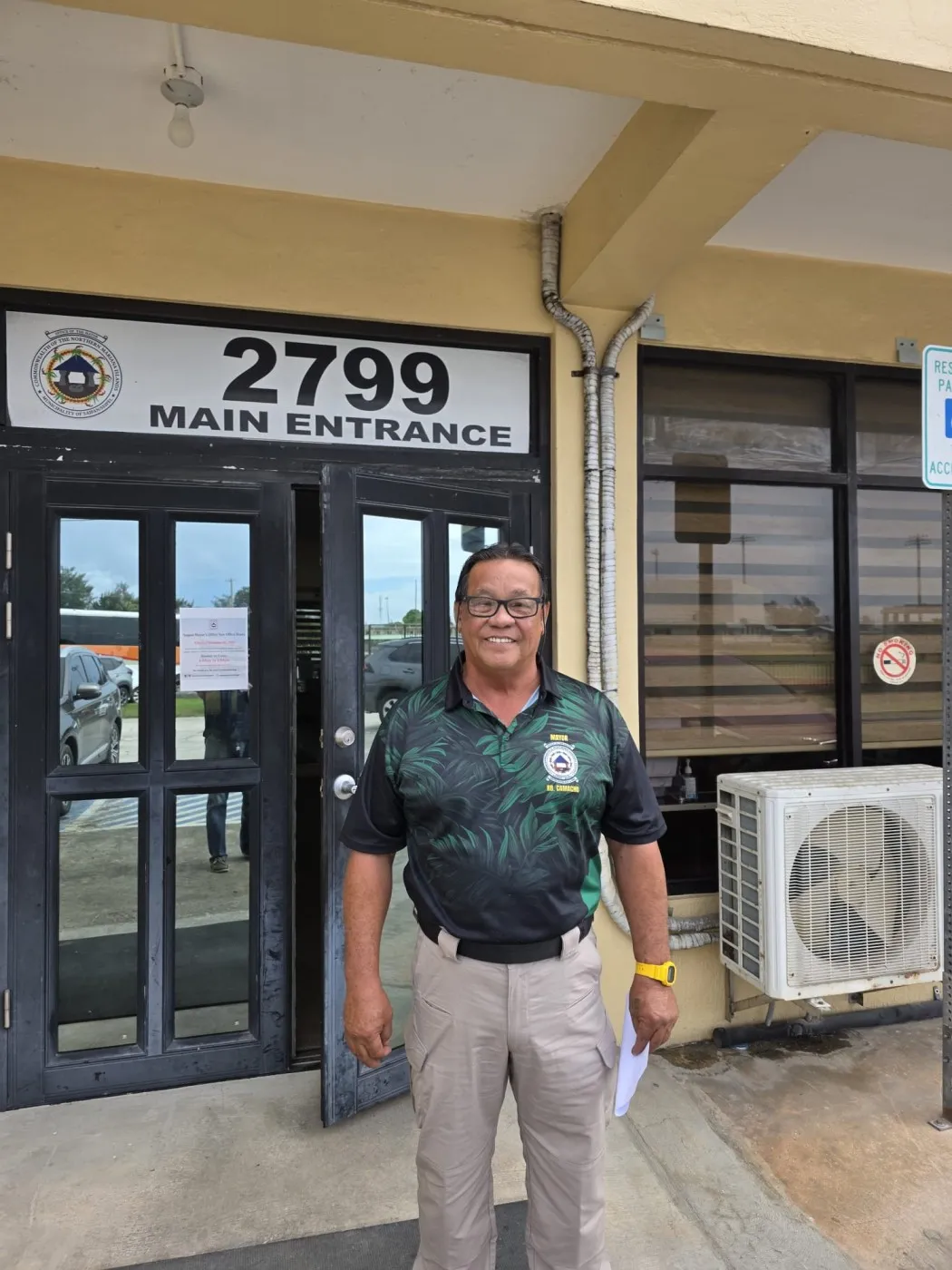(BPD) – The Commonwealth of the Northern Mariana Islands (CNMI) has cleared a major milestone toward universal high-speed internet access. The CNMI Broadband Policy and Development (BPD) Office under the Office of the Governor has received formal approval from the National Telecommunications and Information Administration (NTIA) for its Broadband Equity, Access, and Deployment (BEAD) Final Proposal, unlocking federal funds and paving the way for immediate deployment of a hardened, typhoon-resilient, end-to-end network to every home and business.
Total investment in broadband network deployment exceeds $53 million through this subgrant partnership:
$31,365,227.18 in federal BEAD funds; and
$21,931,951.14 in committed private matching funds from the selected subgrantee.
The CNMI BPD, housed under the Office of the Governor, confirmed the approval was delivered by Federal Program Officer Ethan Lake.
Following this BEAD deployment, the CNMI will be one of the few—if not the only—places in America with universal, climate-hardened, end-to-end broadband to every home and business.
CNMI is among the first group of states and territories to receive NTIA approval of their Final Proposal—alongside American Samoa and Guam—underscoring the strength and readiness of our plan. NTIA’s national announcement also highlighted approximately $6 billion in cost savings from “Benefit of the Bargain” (BOTB) reforms, with at least $21 billion in total savings expected as remaining proposals are submitted. These reforms boosted participation, competition, and private matching—directly benefiting CNMI by lowering projected costs while preserving a high-quality, resilient build.
The CNMI’s objective is universal broadband availability by 2030. Today, 100% of Broadband Serviceable Locations (BSLs) in the CNMI are classified as unserved or underserved. This approval moves the Commonwealth from planning to full-scale execution.
“We’re moving from planning to aggressive execution with clear milestones and strict accountability,” said Edwin Propst, BPD Program Manager. “We will deliver high-capacity, resilient underground broadband across all islands to close the digital divide.”
The Final Proposal prioritizes an underground-first approach to ensure resilience against typhoons and power instability by hardening critical infrastructure below ground. Through a Benefit of the Bargain Subgrant Selection Round, IT&E was selected to deploy underground fiber across all Project Funding Areas (PFAs), achieving an estimated $50+ million in savings compared to early projections while maintaining performance and resilience goals. The subgrantee is required to complete deployment and begin serving customers within four years of the subgrant award. While NTIA’s national reforms support a full spectrum of technologies, CNMI’s plan focuses on underground resilient builds to deliver long-term reliability, capacity, and disaster recovery suited to our unique island conditions.
Of the CNMI’s total $81 million BEAD allocation, funds not required for network deployment remain unallocated pending federal guidance. The CNMI is seeking to retain these remaining funds for critical, non-deployment uses that support broadband access and adoption, including cybersecurity, digital education, digital workforce development, data center development, AI advancements, and related priorities. The CNMI Governor and the CNMI Delegate, together with other state and territory leaders, are actively engaging NTIA and the White House to advocate for retention and use of these funds for these purposes. CNMI will provide public updates as federal decisions are finalized.
With Final Proposal approval, the Broadband Policy and Development (BPD) office will immediately finalize subgrant agreements with the provisionally selected awardee, initiate environmental and historic preservation (EHP) reviews prior to issuing a Notice to Proceed with Construction (NTPC), and oversee deployment through verified milestones, performance testing, and compliance reviews to ensure on-time delivery and strict accountability.
The new networks will strengthen healthcare (telehealth and remote diagnostics), public safety (hardened communications and emergency response), education (distance learning and research connectivity), and job creation (remote work, small business growth, and digital skills). This investment lays the foundation for competitive market choice, improved affordability, and long-term economic growth. BPD will maintain robust monitoring to ensure compliance with all requirements and to leverage this public–private investment to close the digital divide across the Commonwealth.










